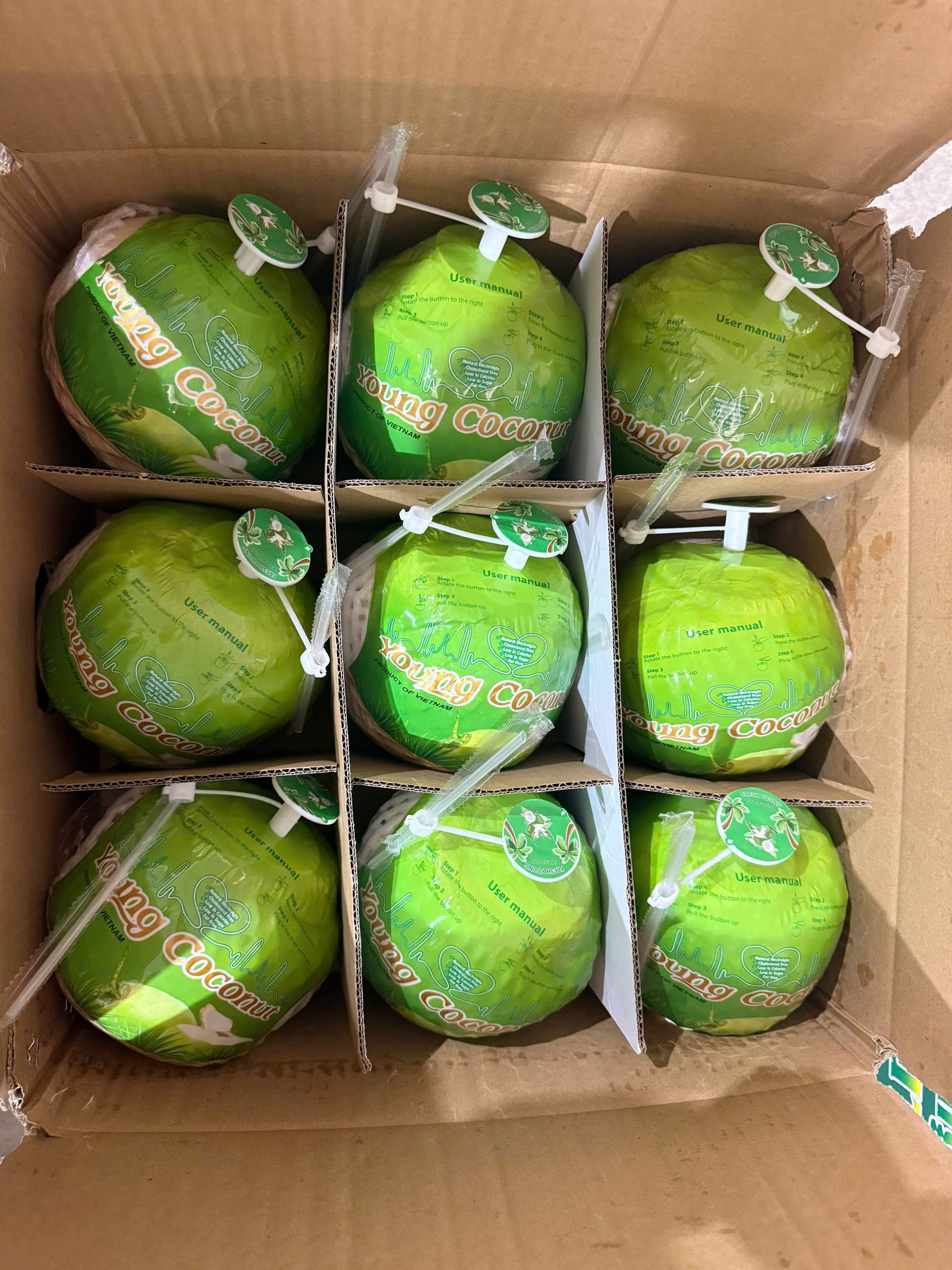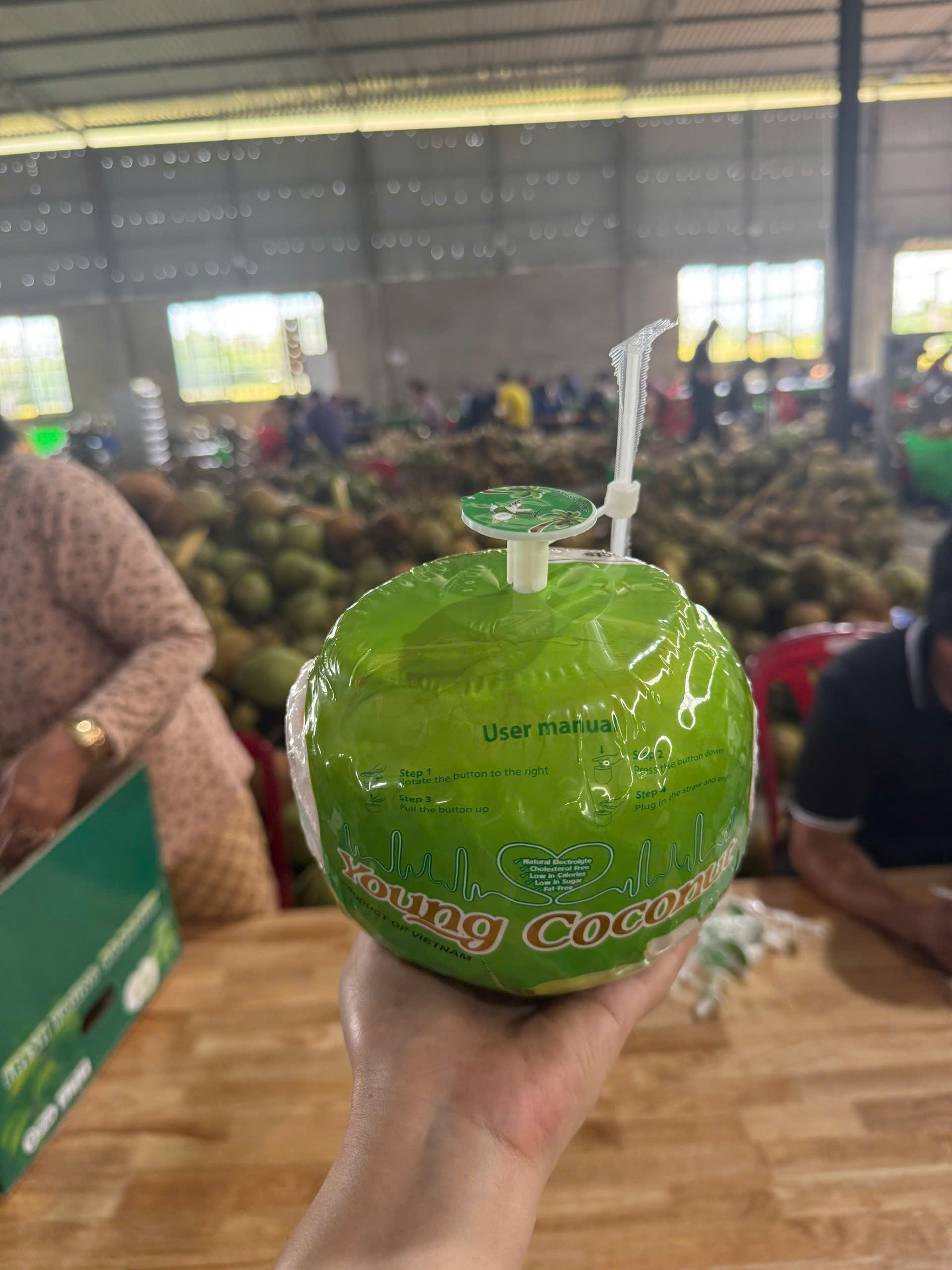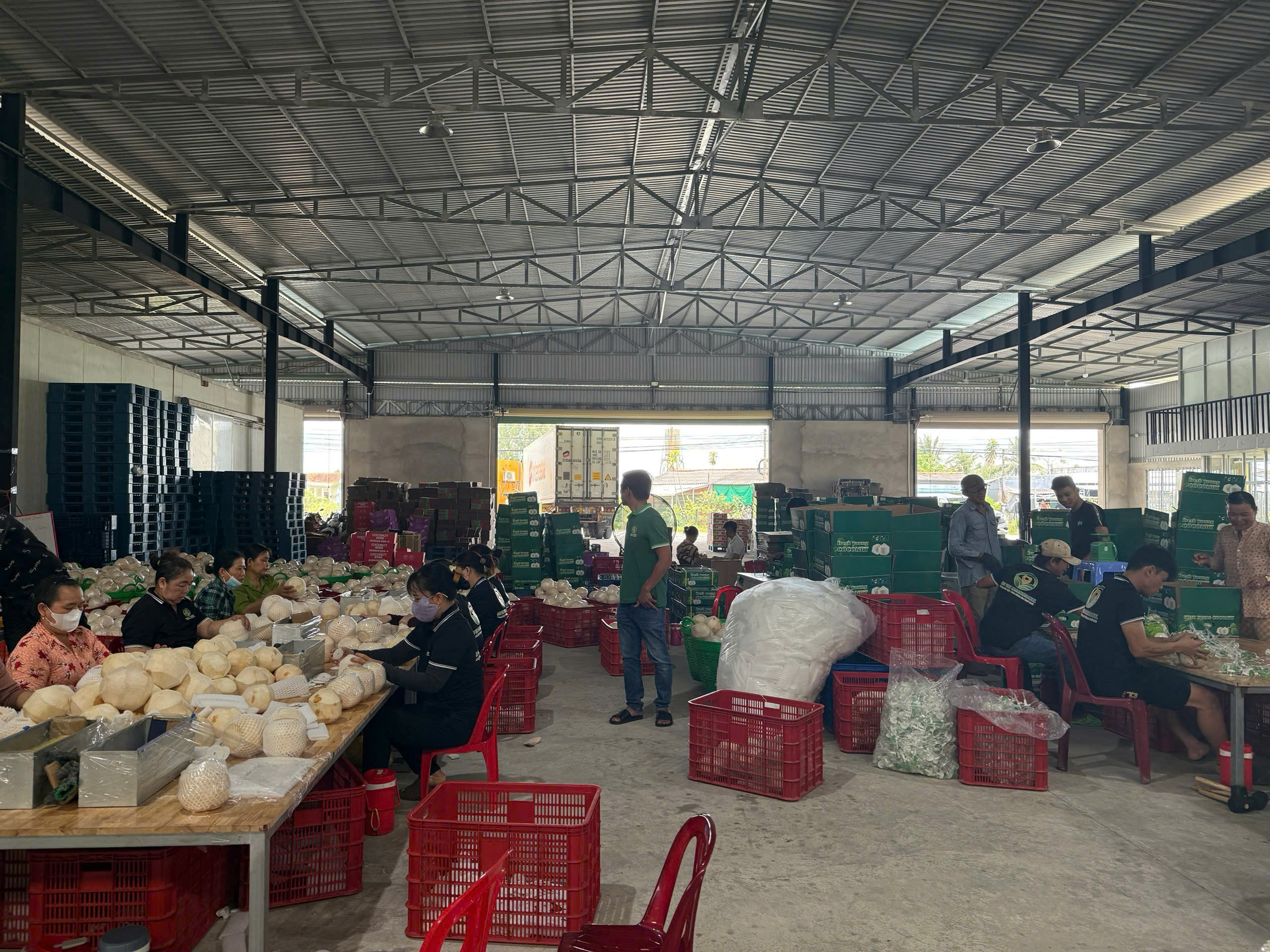Coconut oil market in Middle Eastern cosmetics – As the global demand for natural beauty products and sustainable consumption continues to rise, the Coconut oil market in Middle Eastern cosmetics has emerged as a promising niche for Vietnamese exporters.
With abundant natural resources, high-quality products, and competitive prices, Vietnam is well-positioned to capture this opportunity through strategic export partnerships and modern production standards.
Overview of the Coconut oil market in Middle Eastern cosmetics

The Middle East region – including countries such as UAE, Saudi Arabia, Qatar, Oman, and Kuwait – is experiencing rapid growth in the natural cosmetics segment.
According to Statista, the value of the natural beauty and personal care market in the region is expected to exceed USD 5 billion by 2026, with natural oils (such as coconut oil, argan oil, and jojoba oil) accounting for a major share.
Consumers in this region increasingly prefer:
-
Chemical-free products (no parabens, sulfates)
-
Halal-certified cosmetics
-
Plant-based and sustainable ingredients
-
Eco-friendly and ethically sourced products
These trends create an ideal opportunity for Vietnamese coconut oil, a natural ingredient rich in nutrients, widely used in skincare, haircare, and cosmetic formulations.
>> See more: Vietnam Fresh Coconut Supplier – Exporting Fresh Coconut in Large Quantity
Why the Middle East Is a Promising Market for Vietnamese Coconut Oil

High Demand – Moderate Competition
Compared to mature markets like the U.S. or Europe, the Middle East remains a fast-growing but less saturated market. Local brands still dominate, yet consumers are showing a strong preference for imported natural ingredients, especially from Asia.
Vietnam, with its natural coconut-growing regions such as Bến Tre, Trà Vinh, and Bình Định, is well-positioned to become a strategic supplier of cosmetic-grade coconut oil.
Halal-Friendly and Culturally Compatible
Virgin coconut oil is 100% plant-based and can easily meet Halal certification requirements, an essential criterion for cosmetic imports into Islamic countries. This makes Vietnamese coconut oil an excellent fit for the region’s cultural and regulatory expectations.
Geographic Advantage and Logistics Efficiency
Vietnam’s strong logistics infrastructure and direct maritime routes to Dubai – the Middle East’s major trade hub – ensure efficient shipping, shorter lead times, and lower freight costs, enhancing Vietnam’s export competitiveness.
Competitive Advantages of Vietnamese Coconut Oil Producers

High-Quality Raw Materials
Vietnam’s “coconut capital,” Bến Tre, provides a stable and sustainable source of raw materials. Vietnamese coconuts are known for their high oil content, ideal for producing Virgin Coconut Oil (VCO) or Fractionated Coconut Oil (FCO) – both highly valued in the cosmetics industry.
Modern Production Technology
Companies like Đại Việt International have invested in cold-press extraction and advanced purification systems, ensuring that vital nutrients such as vitamin E, lauric acid, and antioxidants are fully preserved.
This allows Vietnamese coconut oil to meet export standards for premium cosmetic brands.
Competitive Pricing and Higher Profit Margins
Compared to competitors in the Philippines, Indonesia, or India, Vietnam offers similar quality at lower production costs, providing importers and distributors with better profit margins and pricing flexibility.
Challenges in Entering the Middle East Market
Despite its potential, Vietnamese exporters may face certain challenges:
-
Strict requirements for Halal, ISO, and GMP certifications
-
Competition from established suppliers in Asia
-
Cultural and language differences affecting marketing approaches
-
High trade fair and promotion costs in the region
However, with the right strategy, Vietnamese businesses can successfully penetrate niche segments rather than competing head-on with dominant players.
>>SEE MORE: Cold chain for agricultural exports with high quality
Strategies for Vietnamese Businesses to Enter the Market
Obtain International and Halal Certifications
To ensure smooth market entry, exporters should acquire Halal, ISO 22000, and GMP Cosmetics certifications, reinforcing product credibility and compliance with import regulations.
Partner with Local Distributors
Collaborating with local importers and cosmetic distributors in Dubai or Qatar helps Vietnamese products enter regional retail chains, spas, and beauty salons more effectively.
Develop Private Label and OEM/ODM Products
Instead of only exporting raw coconut oil, Vietnamese manufacturers can offer finished cosmetic products – such as packaged coconut oils, hair serums, or skincare lines – under OEM/ODM models to add value and brand identity.
Utilize Cross-Border Digital Marketing
Platforms such as Alibaba, Global Sources, and LinkedIn allow exporters to connect directly with B2B buyers in the Middle East, while promoting brand awareness among potential customers.
Đại Việt International – Vietnam’s Trusted Exporter of Premium Coconut Oil
Đại Việt International is a leading exporter of Virgin Coconut Oil, refined coconut oil, and processed coconut products for the cosmetic and food industries.
The company offers:
-
Internationally certified products (ISO, GMP, Halal)
-
Flexible packaging: bottles (250ml–1L) or bulk containers for B2B buyers
-
OEM/ODM manufacturing for beauty and skincare brands
-
Comprehensive export services including customs, logistics, and documentation
With a strong focus on quality and sustainability, Đại Việt is expanding partnerships with clients across UAE, Saudi Arabia, and Kuwait, helping elevate the global presence of Vietnamese coconut oil.
>> SEE MORE: Partnering with certified Vietnamese coconut suppliers – Business benefits
Conclusion: Unlocking a High-Value Niche for Vietnamese Coconut Oil
The Coconut oil market in Middle Eastern cosmetics represents a high-potential niche for Vietnamese exporters, fueled by strong consumer demand for natural, Halal-certified, and eco-friendly products.
With abundant raw materials, modern production capabilities, and competitive pricing, Vietnamese companies are poised to thrive in this emerging market.
👉 Đại Việt International is ready to be your reliable partner in delivering premium Vietnamese coconut oil to the Middle East and beyond – bringing the essence of Vietnam’s natural beauty to the world.



